Project Proposal
Promoting Climate Change Awareness and Education for Small Female Farmers
The aim of this project is to empower small female farmers by promoting climate change awareness and education. Climate change poses significant challenges to agricultural productivity, and female farmers, particularly those in developing countries, are disproportionately affected.
For getting a complete proposal you can contact us at
Contact: gdn100@gmail.com / What’s App Us:+923082792040 and pay the price of your desired project.
Product Description
1. Introduction:
The aim of this project is to empower small female farmers by promoting climate change awareness and education. Climate change poses significant challenges to agricultural productivity, and female farmers, particularly those in developing countries, are disproportionately affected. By providing them with targeted knowledge and resources, we can enhance their resilience, adaptability, and overall agricultural productivity.
2. Objectives:
a. Raise awareness: Conduct awareness campaigns to educate small female farmers about climate change, its impacts on agriculture, and the stakeholders involved.
b. Improve knowledge and skills: Provide training sessions and workshops to enhance their understanding of climate-smart agricultural practices, sustainable resource management, and climate-resilient crop varieties.
c. Develop local solutions: Facilitate the development of context-specific climate adaptation strategies and foster the exchange of knowledge and experiences among female farmers.
d. Empower and build networks: Establish support networks and platforms for female farmers to share challenges, access resources, and collaborate on climate adaptation and mitigation initiatives.
e. Enhance policy advocacy: Engage policy-makers and stakeholders to address gender gaps in climate change initiatives and to develop policies that support female farmers.
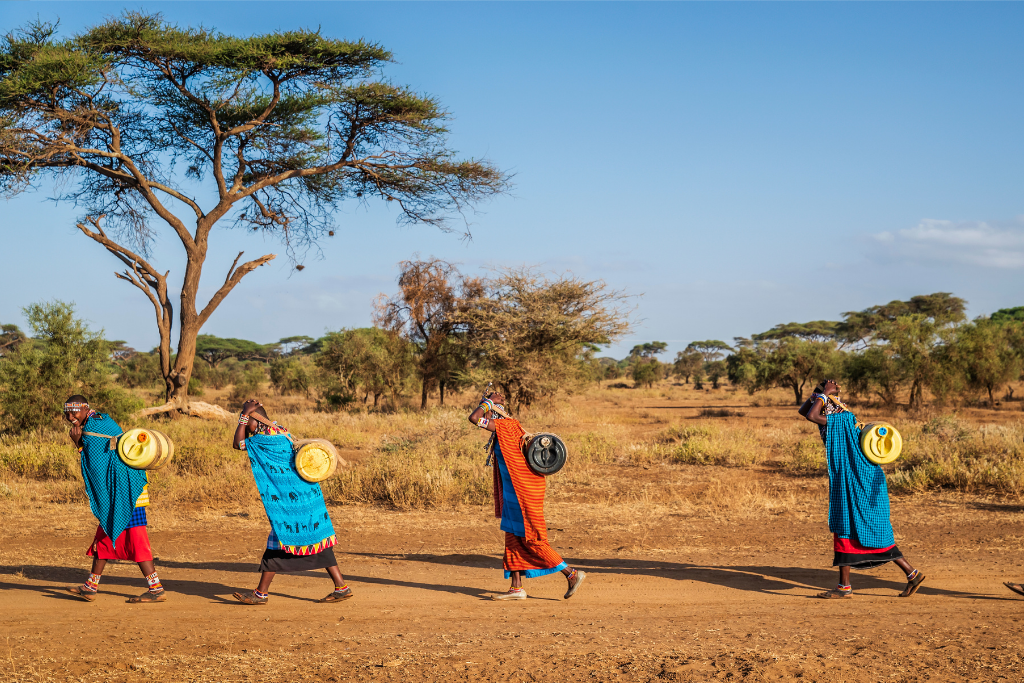
3. Methodology:
a. Research and analysis: Conduct a thorough study on climate change impacts on small female farmers, their specific needs, and the existing challenges they face.
b. Awareness campaigns: Organize workshops, seminars, and community events to raise awareness about climate change, incorporating indigenous knowledge and cultural contexts.
c. Training programs: Collaborate with local agricultural institutions and experts to provide skill-enhancement training on climate-smart practices, including organic farming, water conservation, and soil health management.
d. Knowledge-sharing platforms: Establish a digital platform or community centers to facilitate knowledge exchange, discussions, and dissemination of best practices among female farmers.
e. Mentoring and coaching: Pair experienced female farmers as mentors with new or less-experienced farmers to provide guidance and support in climate change adaptation strategies.
f. Policy engagement: Partner with NGOs, government agencies, and other stakeholders to advocate for gender-inclusive climate policies and funding opportunities.
4. Expected Outcomes:
a. Increased awareness and understanding of climate change impacts and adaptation strategies among small female farmers.
b. Enhanced knowledge and skills in sustainable agricultural practices, resulting in improved farm productivity and resilience to climate change.
c. Strengthened support networks and collaborations among female farmers, enabling them to share experiences and learn from one another.
d. Increased participation of female farmers in decision-making processes related to climate change adaptation and mitigation at local and national levels.
e. Policy changes and gender-responsive initiatives that address the specific needs of female farmers in climate change adaptation and mitigation. Monitoring and evaluation (M&E) are crucial components of any project, including the promotion of climate change awareness and education for small female farmers. The M&E process helps to assess the progress, effectiveness, and impact of the project, enabling necessary adjustments and improvements as needed.
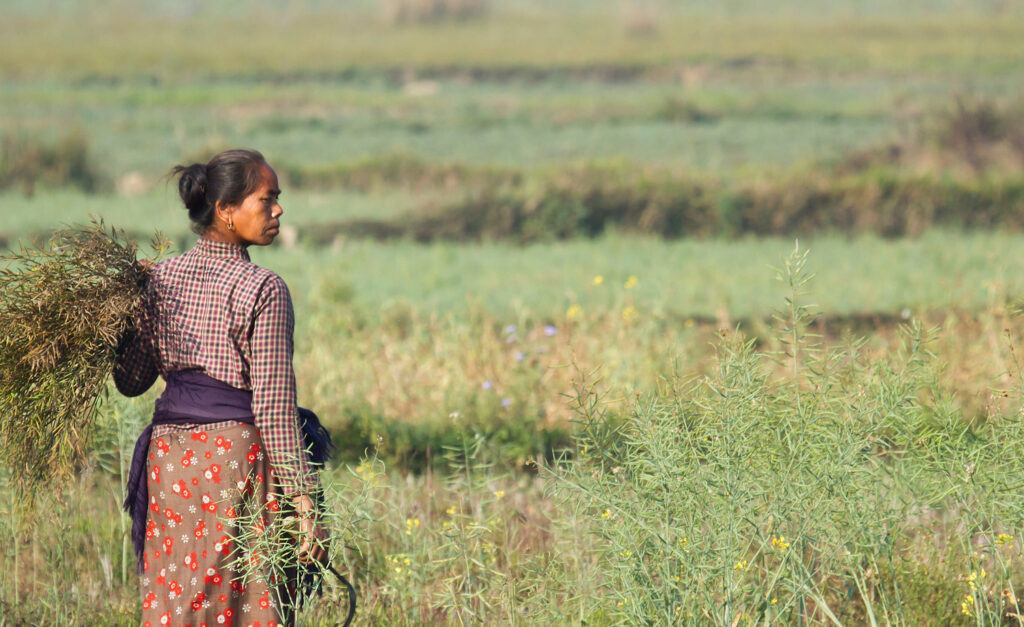
1. Monitoring:
a. Indicators: Develop specific, measurable indicators to track the project’s progress and outcomes. Examples include the number of female farmers reached, training sessions conducted, knowledge gained, and behavior change observed.
b. Data collection: Regularly collect data using appropriate methods, such as surveys, interviews, focus group discussions, and observation, to monitor the implementation and effectiveness of the project.
c. Record keeping: Maintain accurate and organized records of project activities, outputs, and results. This includes keeping track of attendance, participant feedback, and any significant observations or insights.
d. Reporting: Prepare periodic progress reports that provide a comprehensive overview of the project’s achievements, challenges, and lessons learned.
2. Evaluation:
a. Baseline study: Conduct a baseline study at the beginning of the project to establish a benchmark against which to measure progress. This study should assess the knowledge, attitudes, and practices of small female farmers related to climate change and sustainable agriculture.
b. Mid-term evaluation: Conduct a mid-term evaluation to assess the project’s progress towards its objectives, identify any challenges or bottlenecks, and suggest corrective measures if necessary.
c. End-line evaluation: Conduct an end-line evaluation to assess the overall impact and effectiveness of the project. This evaluation should assess the extent to which the project has achieved its intended outcomes and what changes have been observed among the target beneficiaries.
d. Participatory evaluation: Engage the project participants, including small female farmers, in the evaluation process to ensure their perspectives and experiences are included. This can be done through interviews, focus group discussions, or surveys that seek their feedback on the project’s relevance, efficiency, and impact.
3. Learning and Adaptation:
a. Lessons learned: Continuously document and analyze lessons learned throughout the project implementation. Identify what worked well and what could be improved for future projects in similar settings.
b. Feedback mechanisms: Establish mechanisms to collect feedback from small female farmers and project stakeholders. This can be done through suggestion boxes, feedback forms, or regular meetings where participants can openly share their experiences, challenges, and suggestions.
c. Adaptation: Use the findings from monitoring and evaluation to make necessary adjustments and adaptations to the project design and implementation. This ensures the project remains responsive to the needs and aspirations of small female farmers.
4. Sustainability:
a. Sustainability assessment: Conduct a sustainability assessment towards the end of the project to evaluate the project’s potential for long-term impact and sustainability. Assess whether the project has empowered small female farmers to continue their climate change adaptation practices beyond the project duration.
b. Knowledge transfer: Develop strategies to ensure the knowledge and skills gained by small female farmers are transferred and shared with other farmers and future generations. This can include conducting train-the-trainer programs, establishing farmer-to-farmer learning networks, or integrating climate change education into existing agricultural extension services. Budget promotional materials, such as reports and social media campaigns.
5. Audio Recording Devices: $300 – These devices will be used to record interviews and testimonials of women farmers who have experienced climate change impacts, highlighting their stories and experiences.
6. Tablets/Smartphones: $2,000 – Tablets or smartphones will be provided to project facilitators for on-field data collection, surveys, and assessments. They will also be used to deliver online training modules and facilitate communication with participants.
7. Software and Licenses: $1,200 – This budget will cover the cost of software licenses required for data analysis, graphic design, and video editing. It will also include subscriptions to online learning platforms for participants’ access to educational resources.
8. Portable PA System: $700 – This equipment will be used during community gatherings, workshops, and awareness campaigns to ensure effective communication and reach a larger audience.
Total Equipment Budget: $10,000



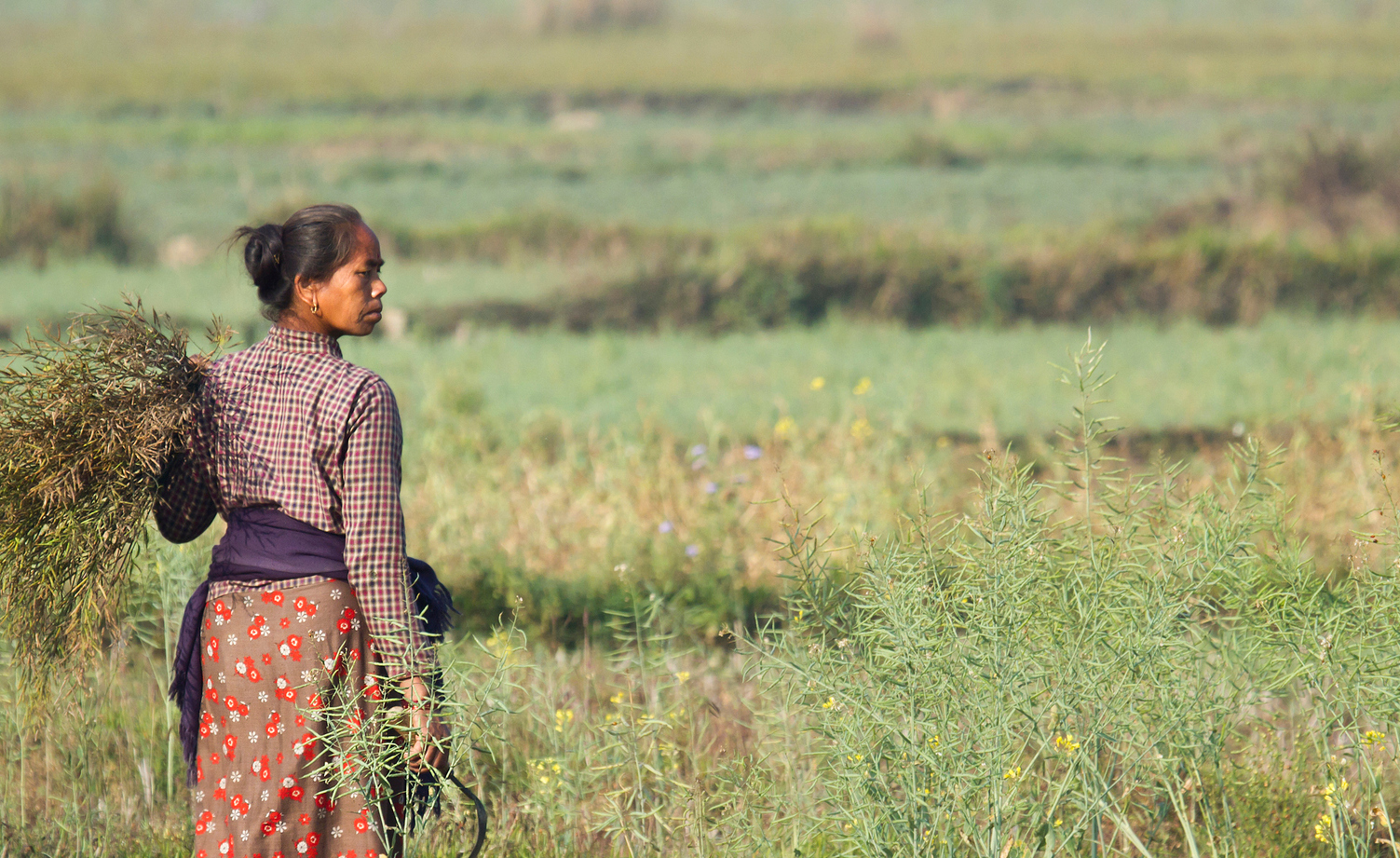



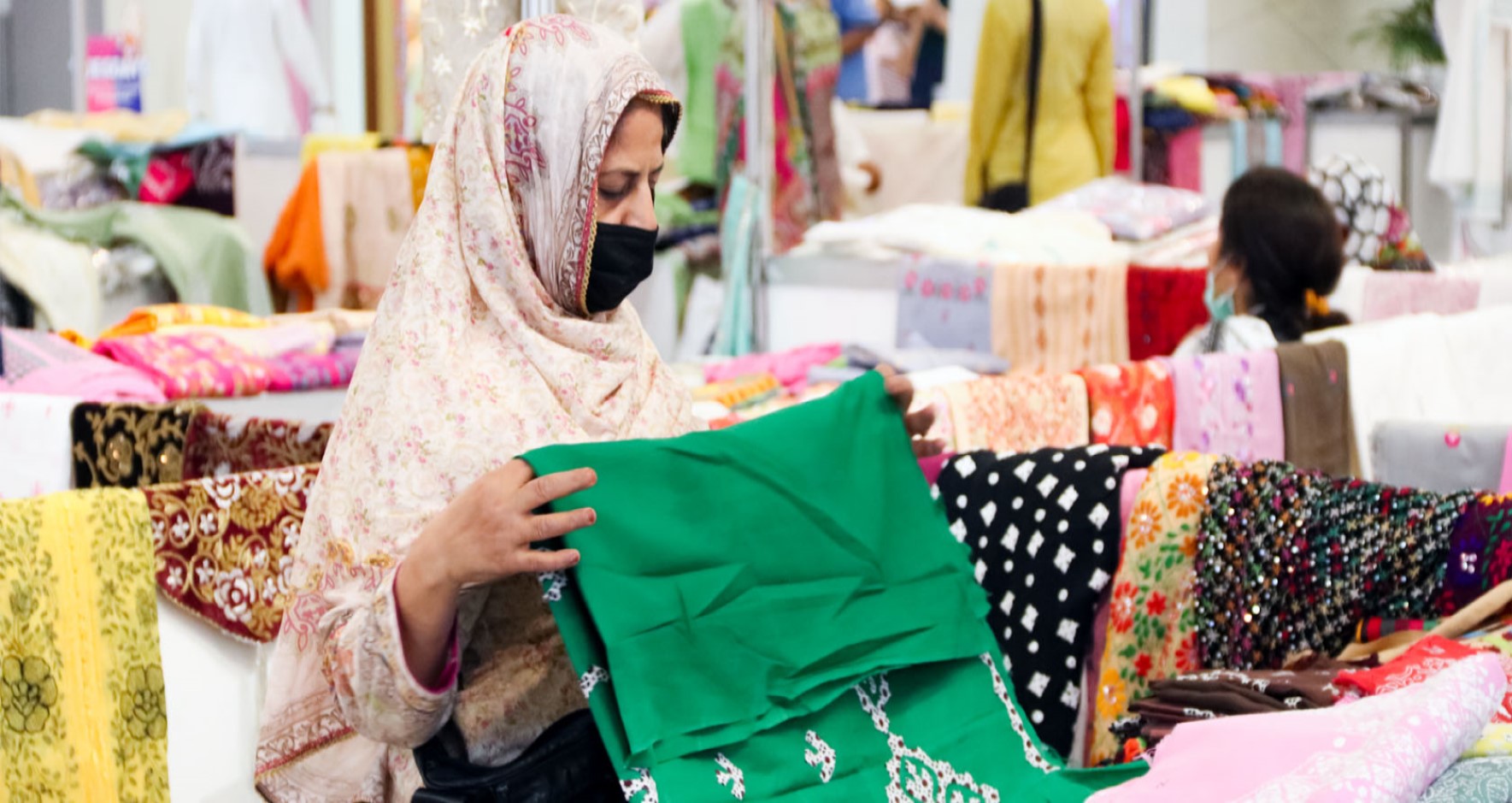
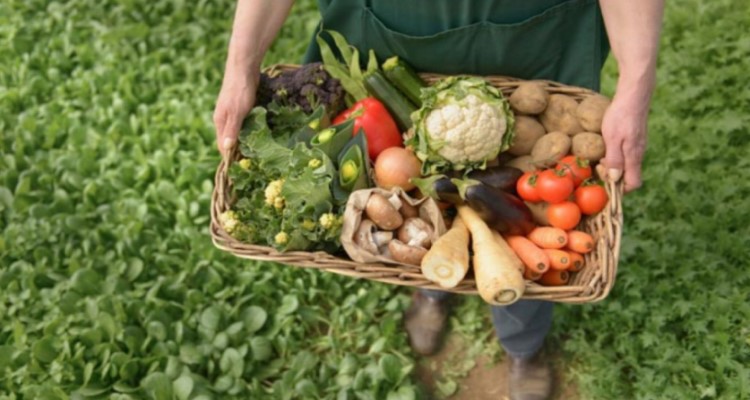

Reviews
There are no reviews yet.